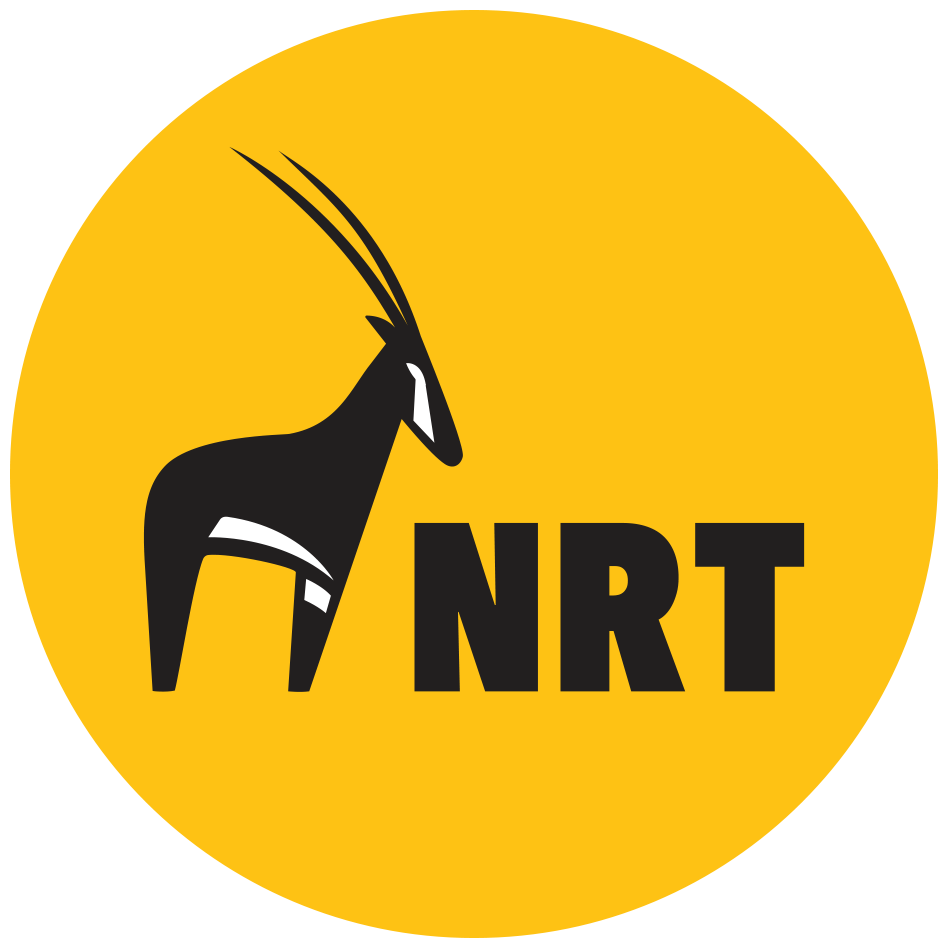Launching #10Guardians! Wildlife Veterinarian Stephen Chege
We brought you 10Women, then 10Morans, now we bring you 10Guardians! 10 stories from 10 wildlife guardians across the NRT member conservancy landscape – from wildlife vets to conservancy rangers, elephant caretakers to turtle patrollers, these are the men and women on the ground, in the community conservancies, dedicating their lives to protecting wildlife and securing their future.
First in the series is north Kenya’s wildlife veterinarian, Stephen Chege.
“Twenty years working as a veterinarian, but my heart still breaks when I see wildlife die right on my hands,” — Stephen Chege, Wildlife Veterinarian.
No day is the same for veterinarian Dr. Stephen Chege. Working across the northern Kenya landscape. ‘Chege’ as he is known, has had an extraordinary patient list; from elephants with gunshot wounds and lions with infections, and once a black rhino who needed life-saving eye surgery. Thanks to support from San Diego Zoo Global, Chege’s area of operation now focuses predominantly on NRT-member community conservancies, enabling him to respond to emergency wildlife incidents and outbreaks raised by community-members, support endangered species translocations, and carry out more pro-active wildlife disease surveillance and conservation work in communities, including domestic animal vaccination campaigns.
This is a far cry from his previous job in Abu Dhabi, where he worked as a zoo’s senior veterinarian; attending to the medical needs of captive wildlife and helping to uphold welfare standards.
“I chose to come back home because of my passion for Kenyan wildlife” says Chege. “I have an urge to create an impact for future generations through my work.”
Working closely with the communities to identify and treat wildlife in trouble is a source of great satisfaction to Chege. He admits that he had his fair share of heartbreak, however. “Inevitably there are animals that are beyond my help, and this is really hard. Every day is a learning curve,” he says. Like all vets, Chege often needs to make big decisions about a course of action for an animal in need – decisions that don’t always have sure outcomes.
Recently, he was part of a mission to rescue an abandoned elephant calf who had lost a third of its trunk to a hyena attack. Back at the community-owned Reteti Elephant Sanctuary, with whom Chege works often, he had to make a tough call — with so much of its trunk missing (and an elephant’s trunk being its most important tool for feeding, drinking, and exploring) was it humane to keep this little calf alive? There was much debate amongst the rescue party, but they made a decisive call to give ‘Long’uro’ as the calf is now called, a fighting chance. With Chege’s support the team at Reteti have provided Long’uro with dedicated round-the-clock care – meeting his medical, emotional and nutritional needs. His wounds have healed well, he’s taken to the milk bottle, and now enjoys playing with the nursery herd at Reteti.
“It is amazing how Long’uro’s wounds have healed,” says Chege. “His future is unknown, but we live each day at a time hoping for the best.”
“There is a lot of pressure surrounding my work, but I have learned to trust my instincts,” — Chege.
As well as responding to incidents, Chege also works with communities to take proactive conservation measures, such as rabies and livestock disease vaccinations, that benefit both community livelihoods and wildlife.
In Ishaqbini Hirola Community Conservancy for example, Chege organized a campaign to vaccinate over 60,000 head of community cattle, sheep and goats. This was aimed at preventing diseases that threatened pastoral livelihoods, as well as protecting the critically endangered hirola antelope in the area who are susceptible to the same diseases.
“The positivity that came from the community during this exercise was tremendous and this is a massive win for hirola,” says Chege.
Today, with the massive investment of his energy, skills and emotions, Chege is proud to be part of a grassroots conservation movement that puts indigenous communities at the forefront of endangered species conservation.
“Taking care of wildlife is something close to my heart, I am happy that my little contribution is alleviating wildlife suffering.” — Chege.

